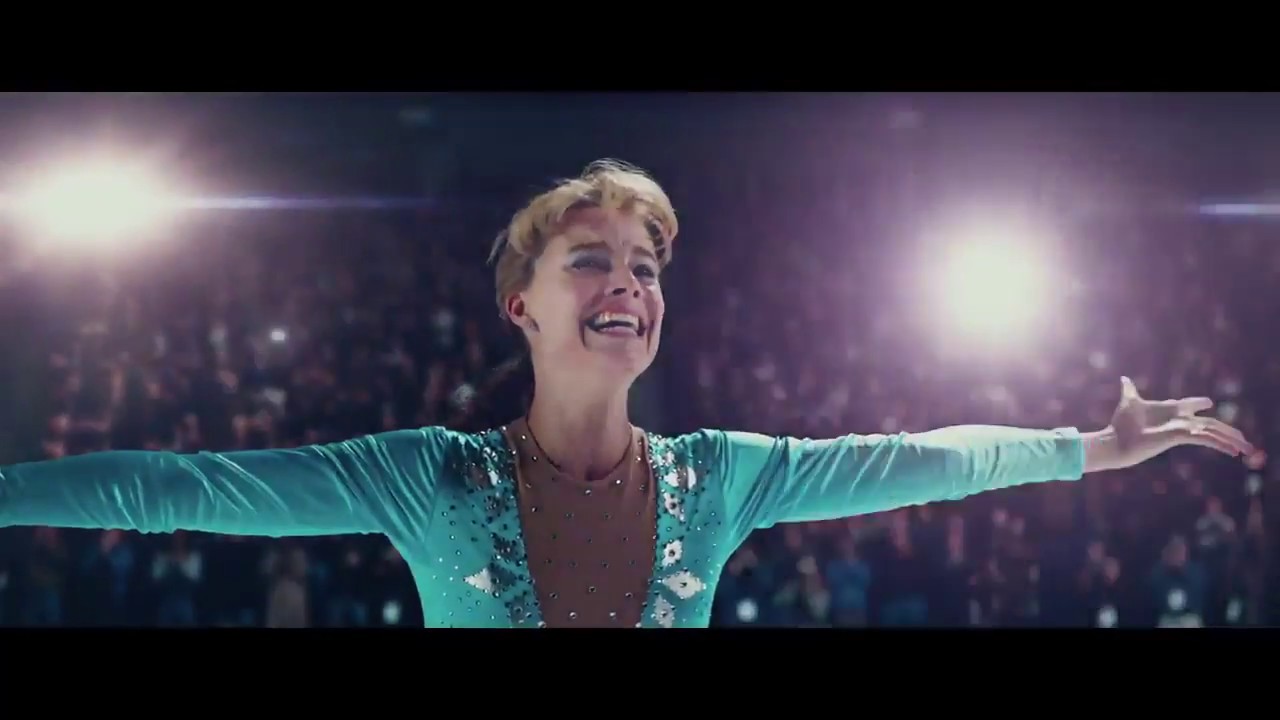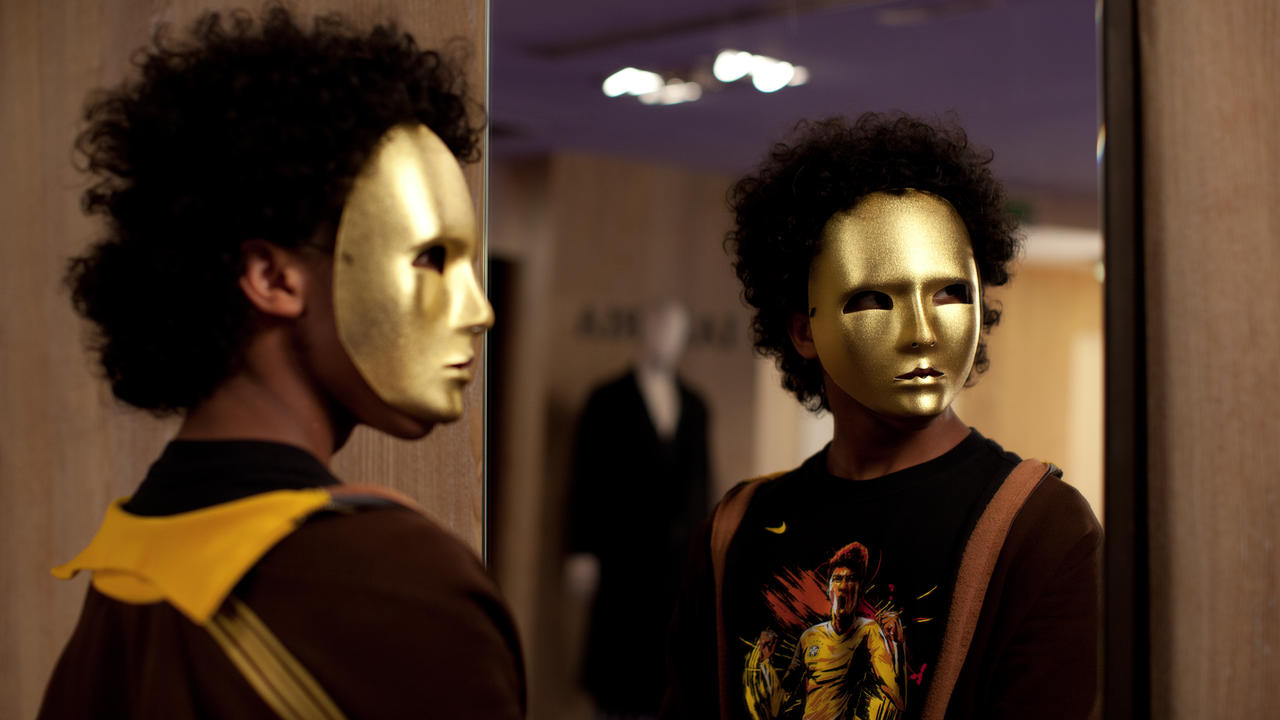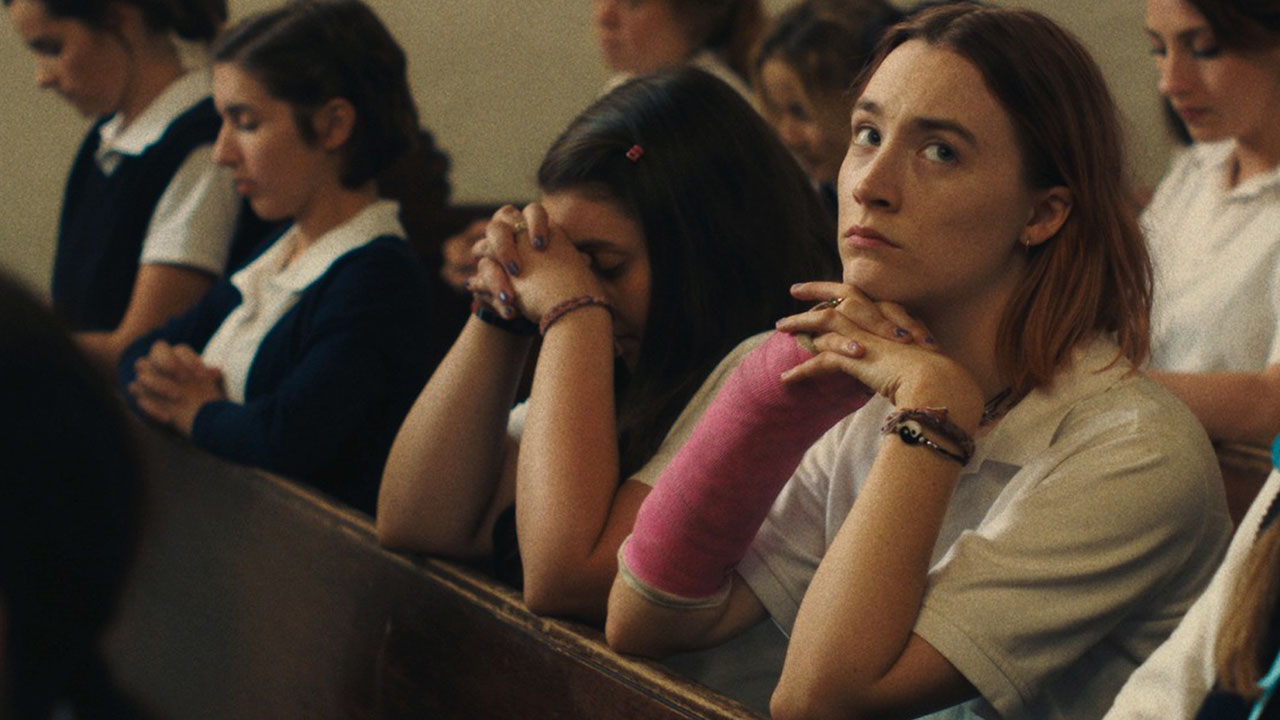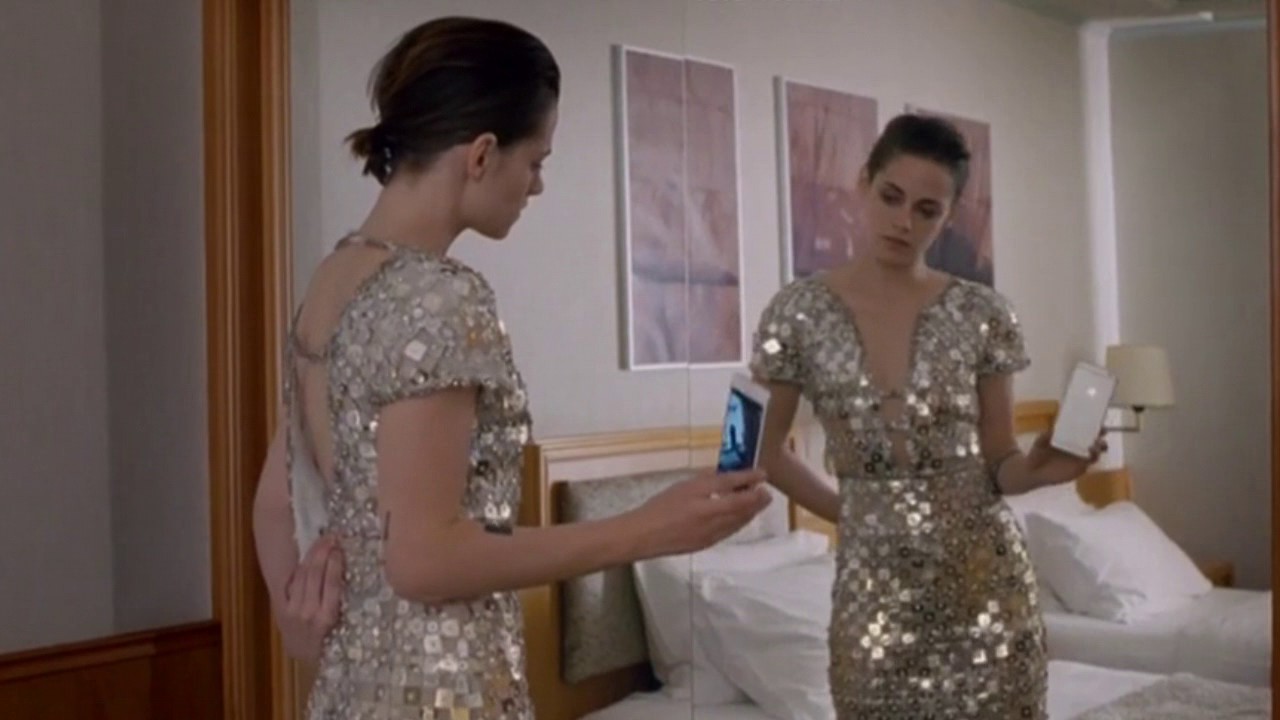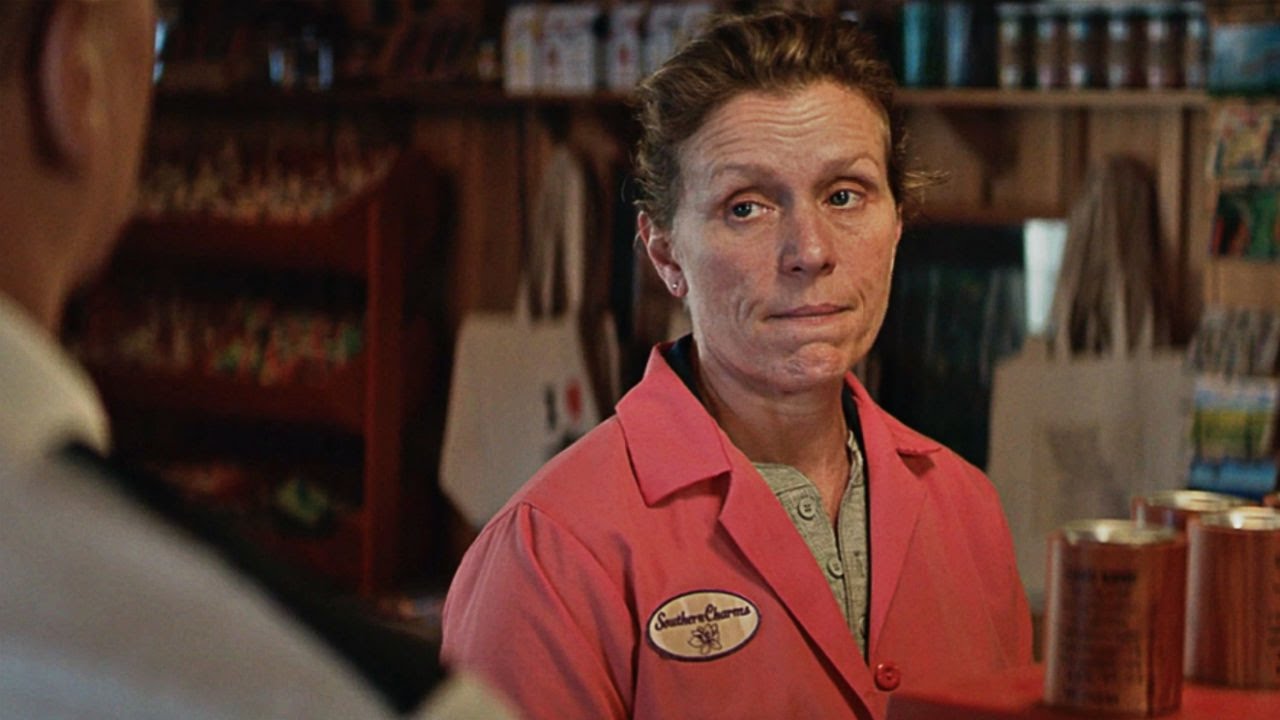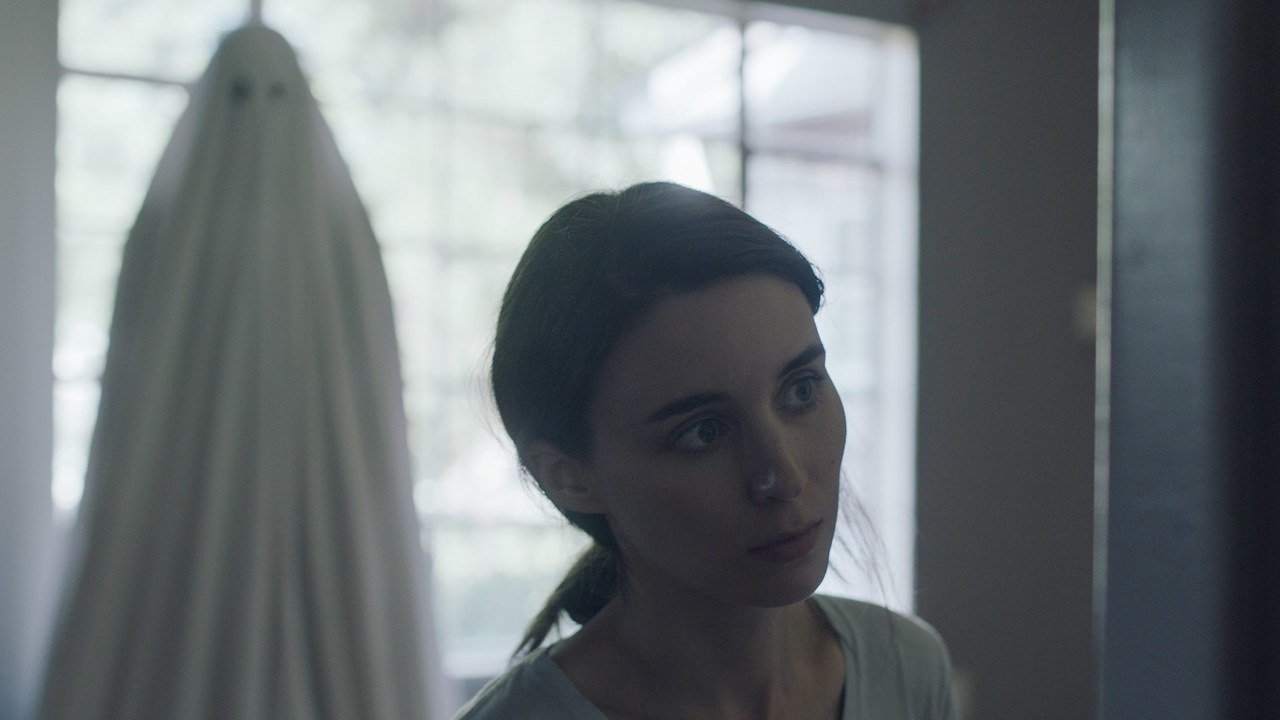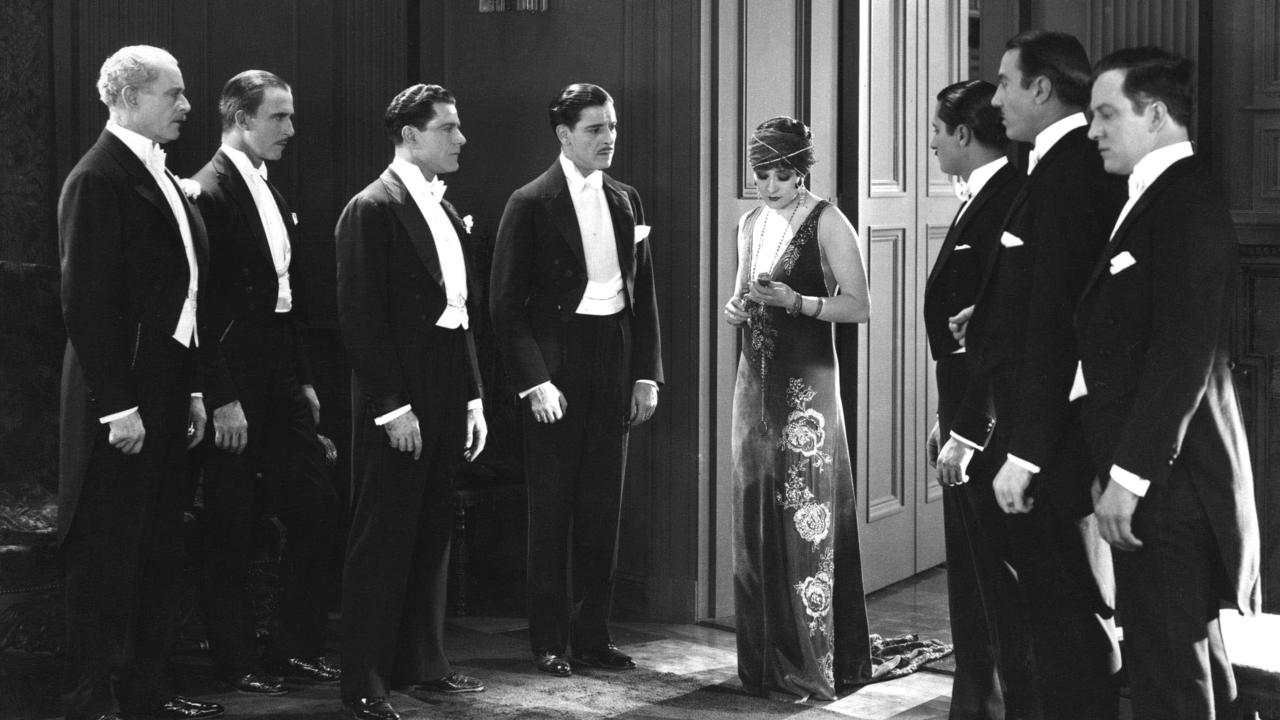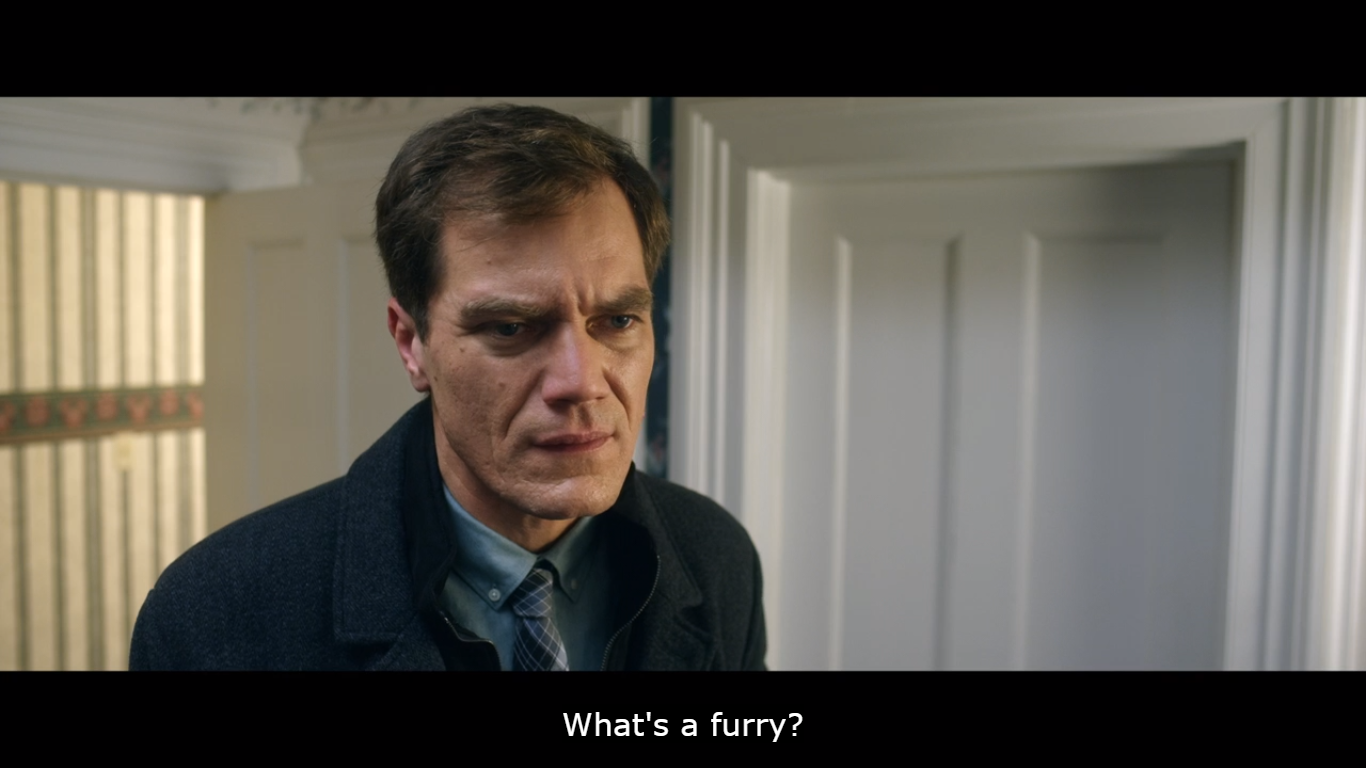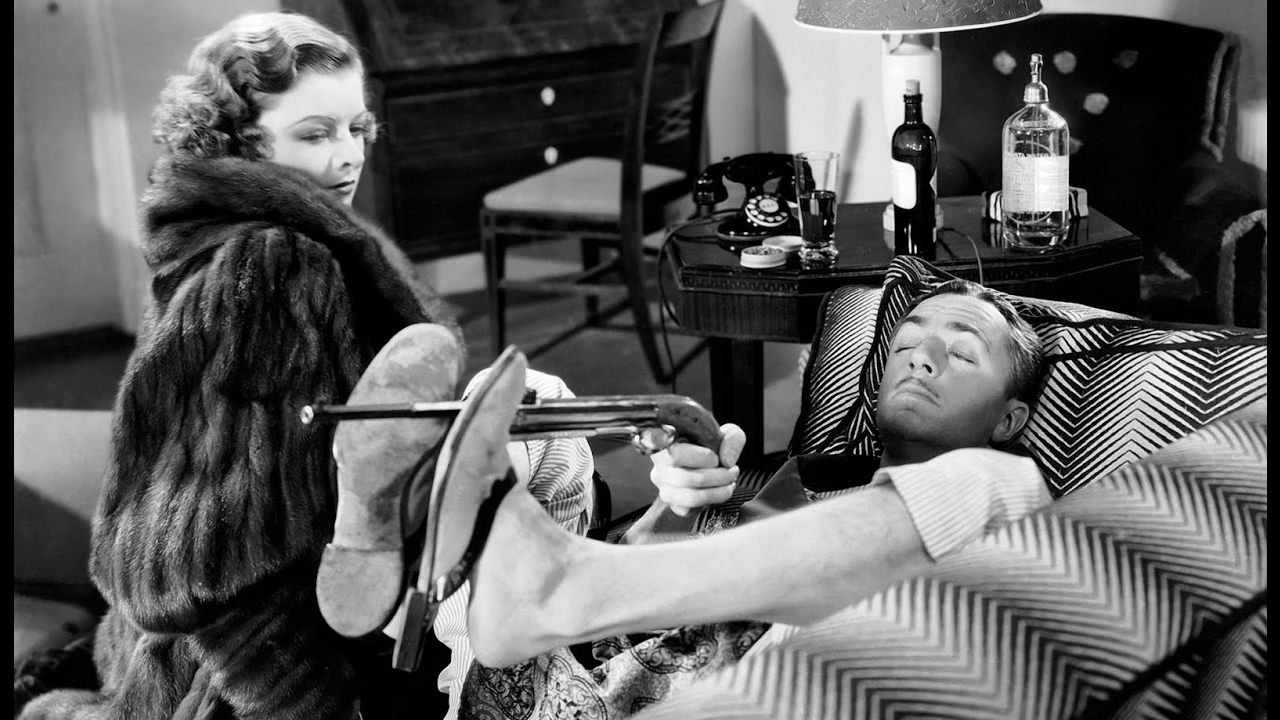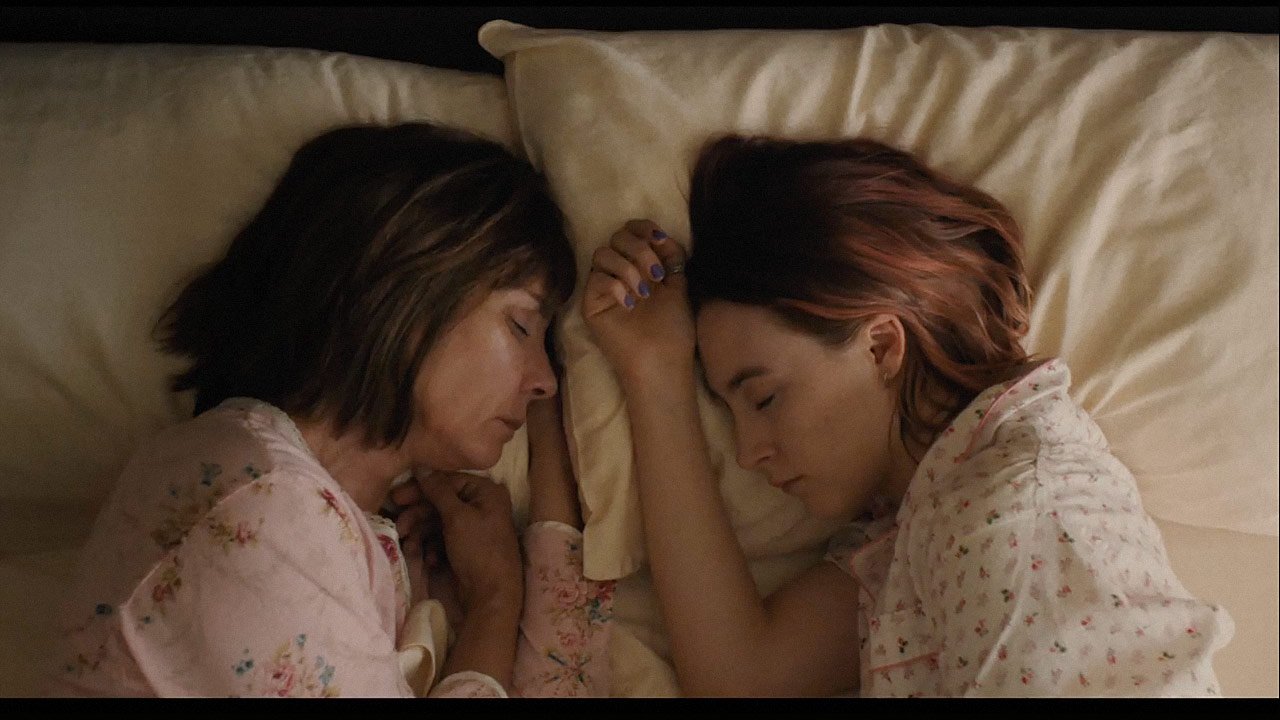“There is no such thing as truth,” Tonya Harding (Margot Robbie) tells us at one of the many caustic, slippery moments in I, Tonya. “Everyone has their own truth.” This could serve as the self-congratulatory motto for Craig Gillespie‘s well-acted film, a distinctly, and appropriately, Trumpian sentiment for what might be the first of a genre: the Fake News Biopic.
rick
It’s an assumption, an article of faith, but it always bears repeating: every best-of list is a subjective snapshot, bound by what we could or would see, the genres to which we gravitate, the last-minute audibles called because we simply can’t bear to leave out a title.
Back in January of this year, inspired by the folks at WIF and the initiative they created, I resolved to watch 52 films by women directors in 2017. With only a few days left on the calendar, it seems like a good time to check back in on this “challenge.”
Personal Shopper is a film about ghosts. Olivier Assayas says, in a spectacularly moving piece from David Ehrlich, that he thinks all movies are about ghosts:
Especially old movies. People became aware of whatever cinema was in the late ’50s, early ’60s, when the first generation of silent actors were gone, and, all of a sudden, you had these movies that were just full of specters.
Martin McDonagh has made one very good film (his 2008 debut In Bruges) and has coasted on this. General affection for that nasty bit of comedic melancholy, along with his stage credentials, has resulted in a pretty striking forgiveness on the part of critics.
There is almost no reason why, on paper, A Ghost Story should work. David Lowery’s fourth feature centers on the ghostiest kind of ghost – the bedsheet-with-eyeholes-cut-out variety. Its aesthetic is characterized by long takes and even longer silences. (At one point, we literally watch paint dry.)
Saturday night marked the return of the annual A Day of Silents program at the Castro, one of the many events the San Francisco Silent Film Festival hosts outside of its weeklong extravaganza in the spring. I was only able to catch the evening double bill – missing out on the very silly-looking The Last Man on Earth, Henry King’s dark pastoral Tol’Able David, the Ivor Novello-starring The Rat, and, saddest of all, Reiniger’s Prince Achmed, one of the earliest entries in the Counter-Programming series — but it was, as usual, delightful.
As November staggers to its close, amid an endless avalanche of horrific revelations about terrible men and also whatever calamitous idiocy the U.S. President committed while I was literally writing this sentence, some things are still good. Twin Peaks! Everyone likes Twin Peaks.
Quick quiz: in 1934’s MGM classic The Thin Man, what is the key piece of evidence that leads Nick (William Powell) and Nora Charles (Myrna Loy) to convene the dinner party at which the killer of Claude Wynant (Edward Ellis), Julia Wolf (Natalie Moorhead), and the stool pigeon Nunheim (Harold Huber) is revealed?
Christine McPherson (Saoirse Ronan) — the preternaturally calm, quirkily rebellious titular protagonist who has renamed herself Lady Bird — seems awfully familiar. As the heart of Greta Gerwig’s adorkable coming-of-age-in-Sacramento writing/directing debut, her mannerisms, her slightly antiquated vernacular and social gestures, her entire mode of qualified suburban angst and dubiously offhand witticisms call to mind something or someone we seem to know.

